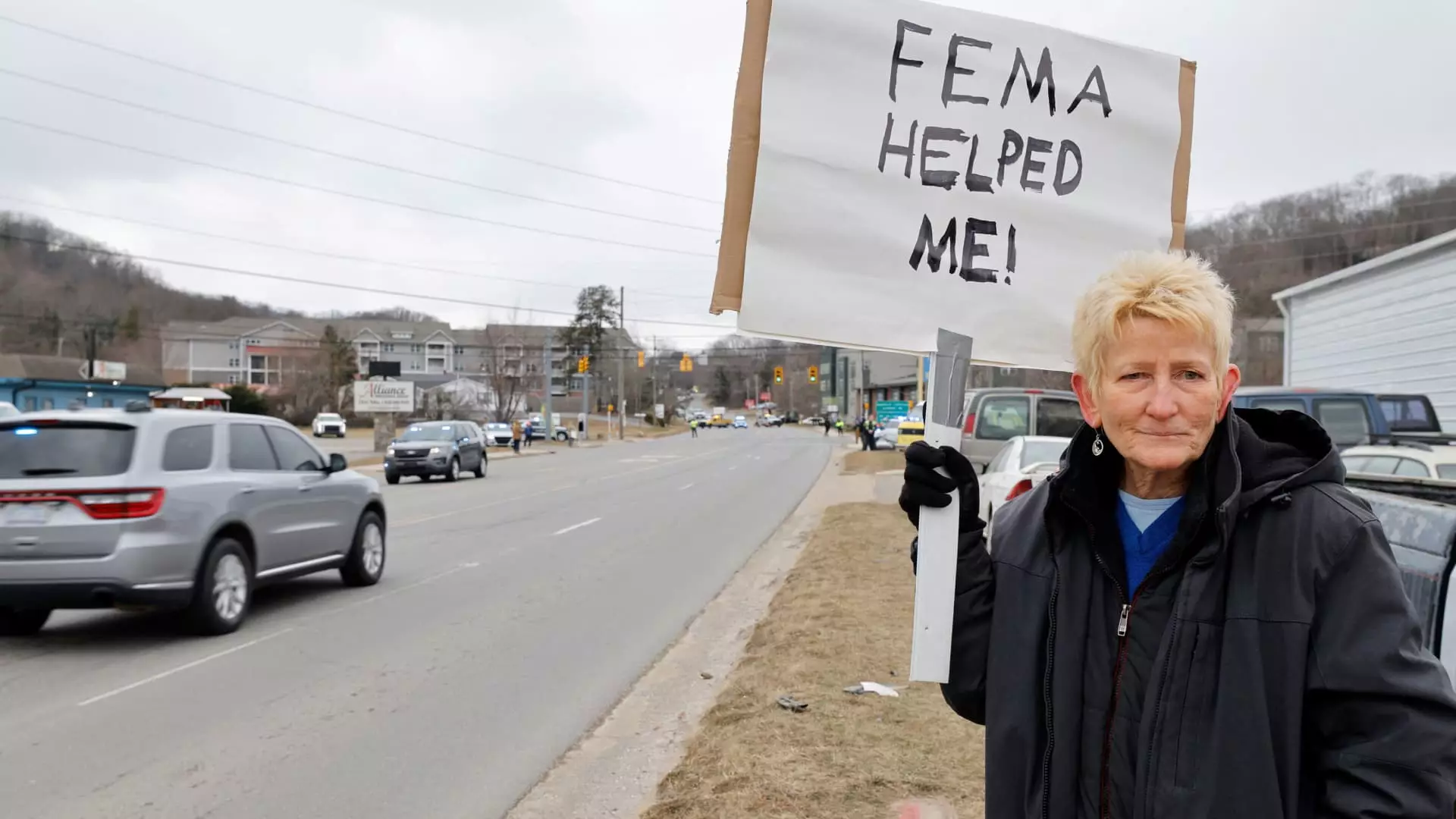The recent announcements from the Trump administration regarding the phased wind-down of the Federal Emergency Management Agency (FEMA) signal a troubling realignment that could jeopardize the safety of homeowners in disaster-prone areas. While the administration touts its intentions as reforms designed to streamline disaster response, the underlying message is clear: the financial and structural safety nets that many Americans rely on during catastrophic events are at serious risk. Charles Nyce, a risk management and insurance professor at Florida State University, emphasizes that FEMA was never designed to be a substitute for homeowner insurance policies. However, this transition appears to be a deliberate move to place the burden of preparedness and recovery squarely on the shoulders of the individual, rather than maintaining a robust federal support system.
The Shifting Responsibility and Its Consequences
With President Trump explicitly stating his intention to “give out less money” for disaster aid, the ramifications for average Americans become alarmingly evident. It’s highly concerning that a federal agency critical for disaster response and recovery could see budget cuts amounting to $646 million in fiscal year 2026. Such reductions could systematically dismantle the local and national frameworks that are essential for effective disaster management. States and municipalities, often underfunded as it is, will be thrust into the unfamiliar territory of shouldering more responsibility in a climate where localized disasters are becoming increasingly common. The shift transforms disaster recovery into a race against time and resources, making it all the more crucial for citizens to become their own first responders.
Underinsurance: A Hidden Danger
A failure to recognize that FEMA isn’t a functional replacement for standard insurance can lead homeowners into a state of dangerous underinsurance. With average individual assistance grants from FEMA hovering around a mere $3,522 from 2010 to 2019, it’s clear that these funds provide just a fraction of what is needed for genuine recovery. This grim figure should send shivers down the spine of any homeowner who expects anything close to full compensation for their losses through federal aid. The implications of the administration’s decisions mandating that citizens become self-reliant in disaster situations could leave thousands grappling ineffectively with the aftermath of natural catastrophes.
The Call for Preparation: A Burden or a Necessity?
In a time when climate-related incidents are surging, urging homeowners to be “prepared” is not merely good advice; it’s fast becoming the law of the land. While it’s easy to shrug off calls for personal responsibility, the reality is that many citizens may not have the means or knowledge to manage this new expectation adequately. Dictating that individuals stockpile supplies, ensure they have adequate home insurance, and organize critical documents assumes an ability to act that many may not possess amidst the chaos of an emergency. The onus of preparedness shouldn’t rest solely on untrained civilians; it requires a coordinated effort that includes a functional federal response.
Whims of Leadership: Makeshift versus Meaningful Reform
The response to disasters deserves more than piecemeal fixes or whims dictated by leadership changes; it calls for long-term strategies grounded in reality and relevance. The recent decisions indicate a glaring lack of foresight and responsibility from the legislators. Instead of dismantling FEMA, we should be looking at enhancing its framework to meet the evolving needs of a society grappling with climate change and shifting demographic challenges. Leadership should be about crafting a vision that helps guide Americans through disasters rather than offering reduced funding and increasing ambiguity.
The Imperative of Advocacy and Action
As citizens, it is our prerogative to voice concerns and demand transparency in government spending, particularly regarding disaster recovery. Community organizations, advocates, and concerned citizens must unite in lobbying for comprehensive safeguards against the reckless dismantling of FEMA. There’s little doubt that the actions taken now will resonate through future generations, and our collective memory of disaster responses should not be tarnished by shortsighted policies. Instead of merely hoping for the best, we need to illuminate the path toward a resilient and ready America capable of weathering storms, both literal and metaphorical.
America stands at a crossroads, and choices made today will define how we respond to the natural disasters of tomorrow. The fate of homeowners hangs in a delicate balance, swaying with every decision from Washington.


Leave a Reply